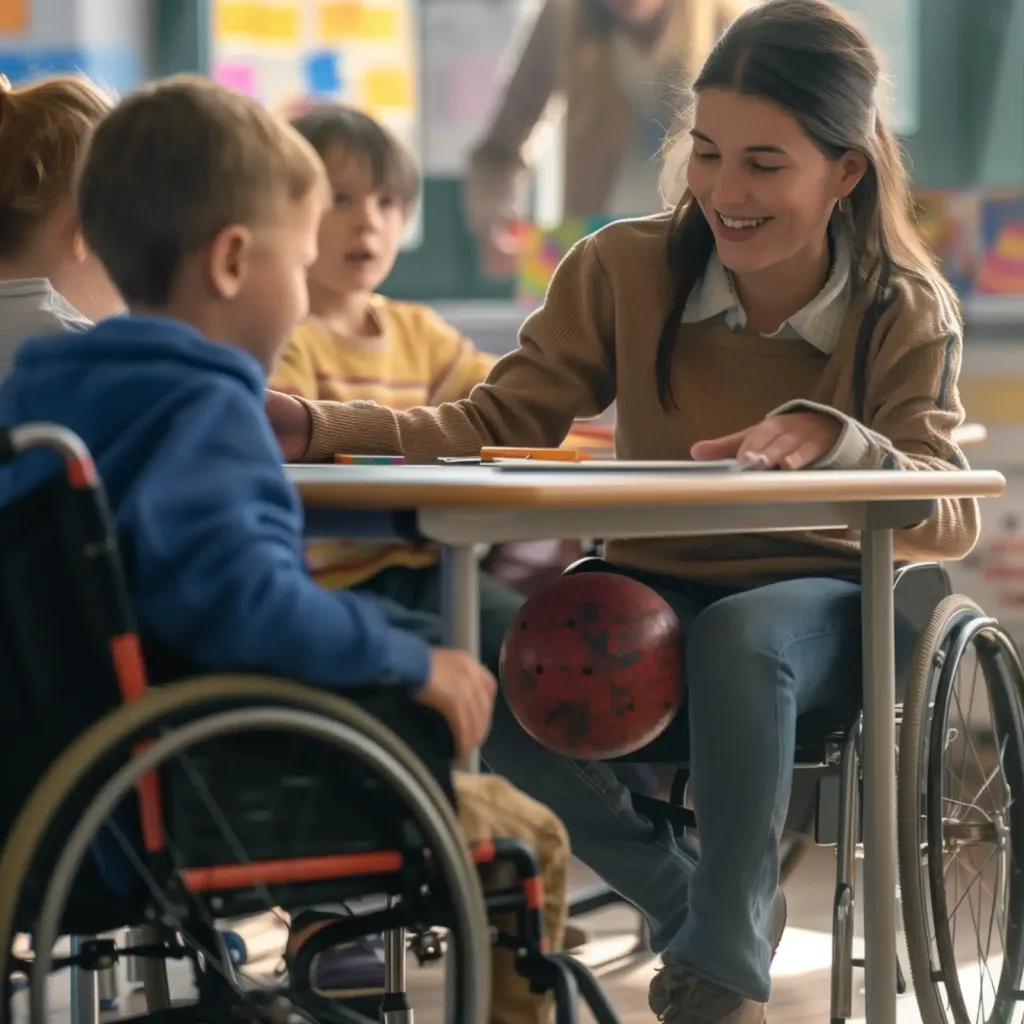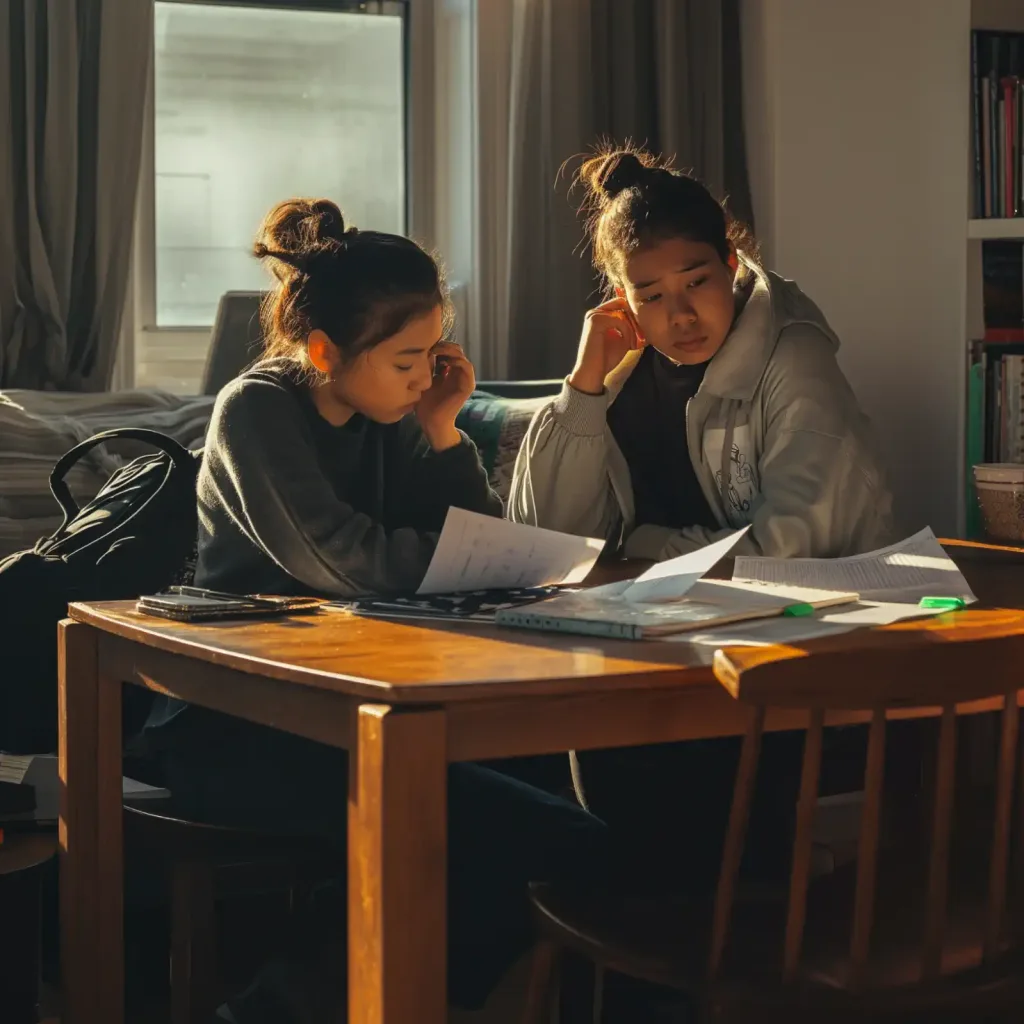Free Appropriate Public Education (FAPE) is the cornerstone of your child’s rights under the IDEA. In New York City, enforcing FAPE often requires navigating IEP disputes, pendency orders, or even due process hearings with the NYC DOE. If you’re searching for an education lawyer nyc, this guide explains everything you need to know.
This blog will walk you through what FAPE really means, how it applies in NYC schools, and the legal steps you can take if your child is being denied services.
Understanding FAPE Under IDEA

FAPE stands for Free Appropriate Public Education, a legal right guaranteed under the Individuals with Disabilities Education Act (IDEA). It ensures that students with disabilities receive special education and related services designed to meet their unique needs—at no cost to families.
Key principles of FAPE:
- Education must be individualized (via an Individualized Education Program, or IEP)
- Services must provide meaningful progress, not just minimal benefit
- Students should learn in the least restrictive environment (LRE) possible
- Related services (OT, PT, Speech, Counseling, ABA, BIP) must be provided when needed
Why this matters in NYC: The NYC Department of Education (DOE) is the largest school district in the U.S. With over 200,000 students receiving special education, disputes around IEPs and FAPE are common—and enforcement can be complicated.
Signs Your Child May Be Denied FAPE in NYC

Parents often sense something is wrong before they have legal confirmation. Common red flags include:
- IEP implementation failure – Services written into the IEP are not being delivered.
- Inappropriate placement – The school recommends a setting that doesn’t meet your child’s needs.
- Missed related services – Speech, OT, PT, or counseling sessions are skipped without makeup.
- Lack of progress – Despite an IEP, your child is not advancing academically or socially.
- Disciplinary removals – Students with disabilities are suspended or disciplined without proper legal protections.
If any of these sound familiar, consulting with a special education lawyer nyc may be your next step.
How to Enforce FAPE Rights in NYC
Enforcing FAPE can feel overwhelming, but there is a clear roadmap.
1. Request a CSE/CPSE Meeting
The first step is to formally request a meeting with the Committee on Special Education (CSE) or Committee on Preschool Special Education (CPSE). This allows you to challenge services, goals, or placement.
Tip: Put your request in writing and keep copies. Written records are essential for due process.
2. File for Mediation
Parents can ask for mediation with the DOE to resolve disputes informally. While non-binding, mediation sometimes results in quicker agreements without going to hearing.
3. Due Process Complaint & Impartial Hearing
If issues remain unresolved, parents can file a due process complaint. An Impartial Hearing Officer (IHO) reviews the case and makes a legally binding decision.
At this stage, many parents hire an nyc doe due process lawyer to prepare evidence, witnesses, and case law (such as Burlington and Carter tuition reimbursement precedents).
4. Pendency (Stay-Put) Protection
While disputes are ongoing, your child has the right to remain in their last agreed-upon placement under the pendency (“stay-put”) rule. This prevents schools from moving students into inappropriate settings during litigation.
5. Tuition Reimbursement
If the public school fails to provide FAPE, parents may place their child in a private school and seek tuition reimbursement. The DOE is legally required to reimburse costs if the private placement is deemed appropriate under IDEA standards.
Why Work with an Education Lawyer in NYC?
The NYC DOE has extensive legal resources. Parents navigating this system alone often feel outmatched. Hiring an education law attorney new york provides:
- Expertise in IDEA litigation
- Representation at hearings before an IHO
- Evidence gathering and witness prep
- Negotiation with the DOE to secure better services
- Guidance on tuition reimbursement or compensatory education
Most firms, including Gerschel Law, offer an education lawyer,—allowing you to understand your options before committing.
Conclusion
FAPE is not just a legal acronym—it’s your child’s right to meaningful education. In NYC, enforcing that right may require persistence, documentation, and sometimes legal action. If you believe your child is being denied services, consulting with an education lawyer nyc ensures you have an advocate who understands both the law and the NYC DOE system.
Ready to take action? Contact Gerschel Law for a free consultation and protect your child’s future.
FAQs About Education Lawyer Nyc / Iep Nyc
Q1: What does FAPE mean in special education?
A: FAPE means Free Appropriate Public Education, a right under IDEA ensuring students with disabilities receive tailored services at no cost.
Q2: How can I enforce my child’s IEP in NYC?
A: Document failures, request a CSE meeting, and if unresolved, file a due process complaint with the help of a special education lawyer NYC.
Q3: What is pendency or “stay-put” in NYC schools?
A: Pendency ensures your child stays in their last agreed placement during disputes, preventing the DOE from making changes until resolved.
Q4: Can I get tuition reimbursement if my child is denied FAPE?
A: Yes. If the DOE fails to provide FAPE, you may enroll your child in private school and seek reimbursement under IDEA case law.
Q5: Do I need a lawyer for a DOE due process hearing in NYC?
A: While not required, an NYC DOE due process lawyer improves your chances by presenting evidence, preparing witnesses, and citing case law.

